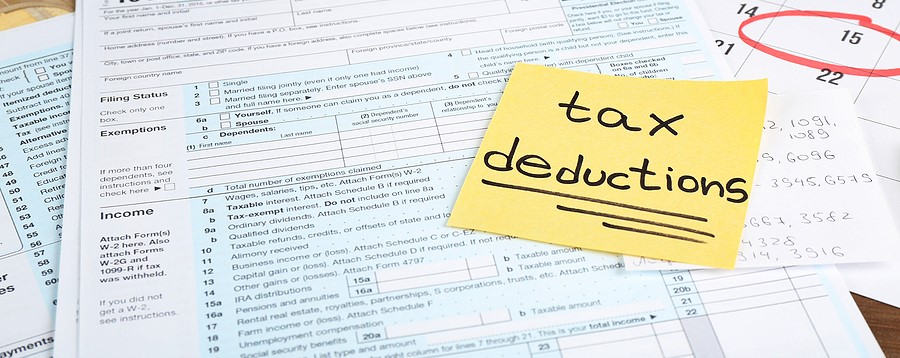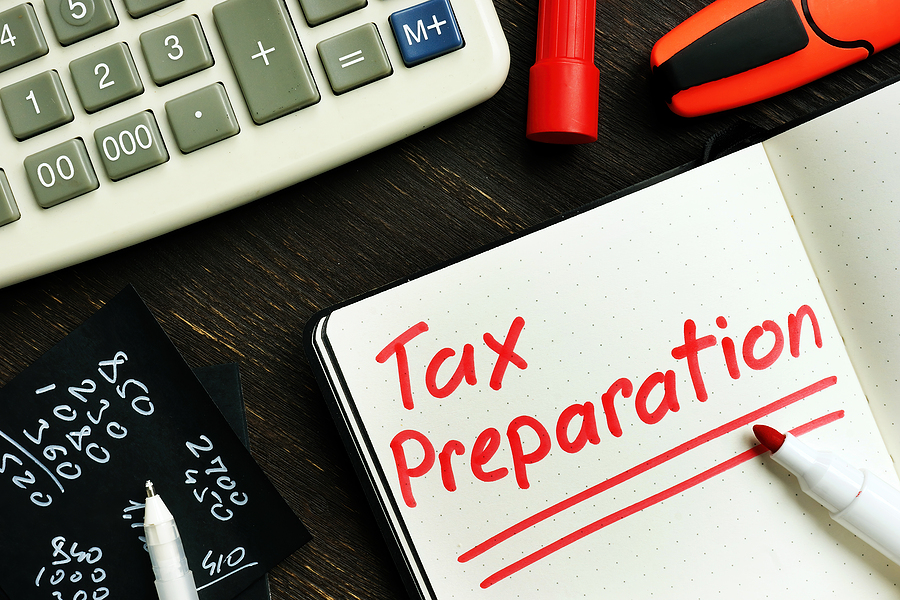CFGMS Admin January 6, 2021 Categories: Business Tips, Small Business Funding
The PPP (Payroll Protection Program) has helped sustain many small businesses during COVID. It was easily one of the most sought after disaster funding programs. The main reason is that unlike many small business grants if all the requirements are met, a PPP loan can be forgiven.
According to a September 2020 report by PYMNTS.com, 96,000 forgiveness applications have already been submitted. Those applications represent only 2% of the total loans issued at the time of the report. With the October 13, 2020 deadline to apply already in the rearview mirror, it appears that the forgiveness process may take a while. This is causing some business owners to be turned down for additional funding from lenders as the PPP loan is still technically considered outstanding.
Business owners who received a PPP loan followed the rules for spending it and applied for forgiveness, have a lot of questions. With tax season looming on the horizon, there’s one they may not have thought of until now. Is the PPP loan taxable?
The PPP Loan and Taxes
Although tax season is normally a turbulent time for many small businesses, this year is going to be worse for those with a PPP loan waiting to be forgiven. Business taxes are based on gross revenue, i.e. income. Gross income is defined as “all income from whatever source derived”, but there are several exclusions from that statutory rule. One that has long been recognized by the IRS is the General Welfare exclusion.
This exclusion states that payments by governmental units under legislatively-provided social programs that promote the general welfare are exempt from the recipients’ taxable income. To qualify, the payments must:
- Be made from a government fund
- Be made for the promotion of general welfare
- Not represent compensation for services rendered
To most people, it would seem that the PPP loan meets all the requirements and would fall under the General Welfare exclusion. However, the IRS has ruled that small business grants don’t qualify for exemption under the General Welfare exclusion, as they are not based on an individual’s or family’s needs. Also, Congress recently revised the tax code to clarify that any contribution by a governmental entity to a corporation is taxable. The general school of thought is that the IRS will view most businesses similarly.
Yet, the CARES Act states that any forgiven PPP loan amount won’t be considered as taxable income. The purpose of this funding was to keep businesses open throughout the pandemic, not to create a tax burden for those receiving the small business grant and qualifying for forgiveness.

What About Deductions?
In contrast to the purpose of PPP loan forgiveness, the IRS released the following notice to clarify how any forgiven amount would impact your 2020 business taxes.
“This notice clarifies that no deduction is allowed under the Internal Revenue Code (Code) for an expense that is otherwise deductible if the payment of the expense results in forgiveness of a covered loan pursuant to section 1106(b) of the Coronavirus Aid, Relief, and Economic Security Act (CARES Act), Public Law 116-136, 134 Stat. 281, 286-93 (March 27, 2020) and the income associated with the forgiveness is excluded from gross income for purposes of the Code pursuant to section 1106(i) of the CARES Act.”
To further clarify the PPP’s impact on income tax deductions, the IRS released guidance that if you reasonably believe your PPP loan will be forgiven—regardless of whether it’s 2020 or later—any expenses you used your PPP loan to cover are not deductible.
In layman’s terms, this means any business expenses paid for with PPP funds can not be claimed as a deduction, even if they are an expense normally deducted. Because deductions help to reduce the amount of taxes owed, these exclusions could have you looking at a higher tax bill for 2020.
PPP Loan Forgiveness and The Tax Implications
Confused? We get it. Navigating tax season the year may be complicated. The general consensus is that as the effects of the pandemic subside and the dust settles, the rules about the forgiveness and taxation of PPP loans will be clarified and compliance will be much easier to understand.
UPDATE:
New information was released with the reopening of PPP loans. Among the changes to the requirements and regulations governing the new round of small business disaster relief funding, forgiven PPP loans are completely tax free. This means normally deductible expenses paid for with PPP funds can still be claimed as a deduction.
The Consolidated Appropriations Act, 2021 (CAA 2021), H.R. 133, Division N, Section 276, provides that deductions are allowed for otherwise deductible expenses paid with the proceeds of a PPP loan that is forgiven and that the tax basis and other attributes of the borrower’s assets will not be reduced as a result of the loan forgiveness.
However, if you haven’t already hired a business tax professional, this is the year to do it. Start tax preparations early. The more well-prepared and ahead of the last-minute rush you are, the smoother the process will be.

Small Business Grants Not an Option?
Remember, small business grants aren’t the only source of funding. If you need a little capital to sustain your business during the pandemic, CFG Merchant Solutions™ may be able to help.
We offer a variety of funding options to help maintain your working capital and keep your business on track. Whether it’s a merchant cash advance, invoice factoring, equipment financing, or any of our other funding options, we will guide you in choosing the perfect solution for your individual business needs. Our team brings to the table more than 60 years of institutional investment banking experience in the credit, commercial finance, and capital markets. Contact us or apply online today.
